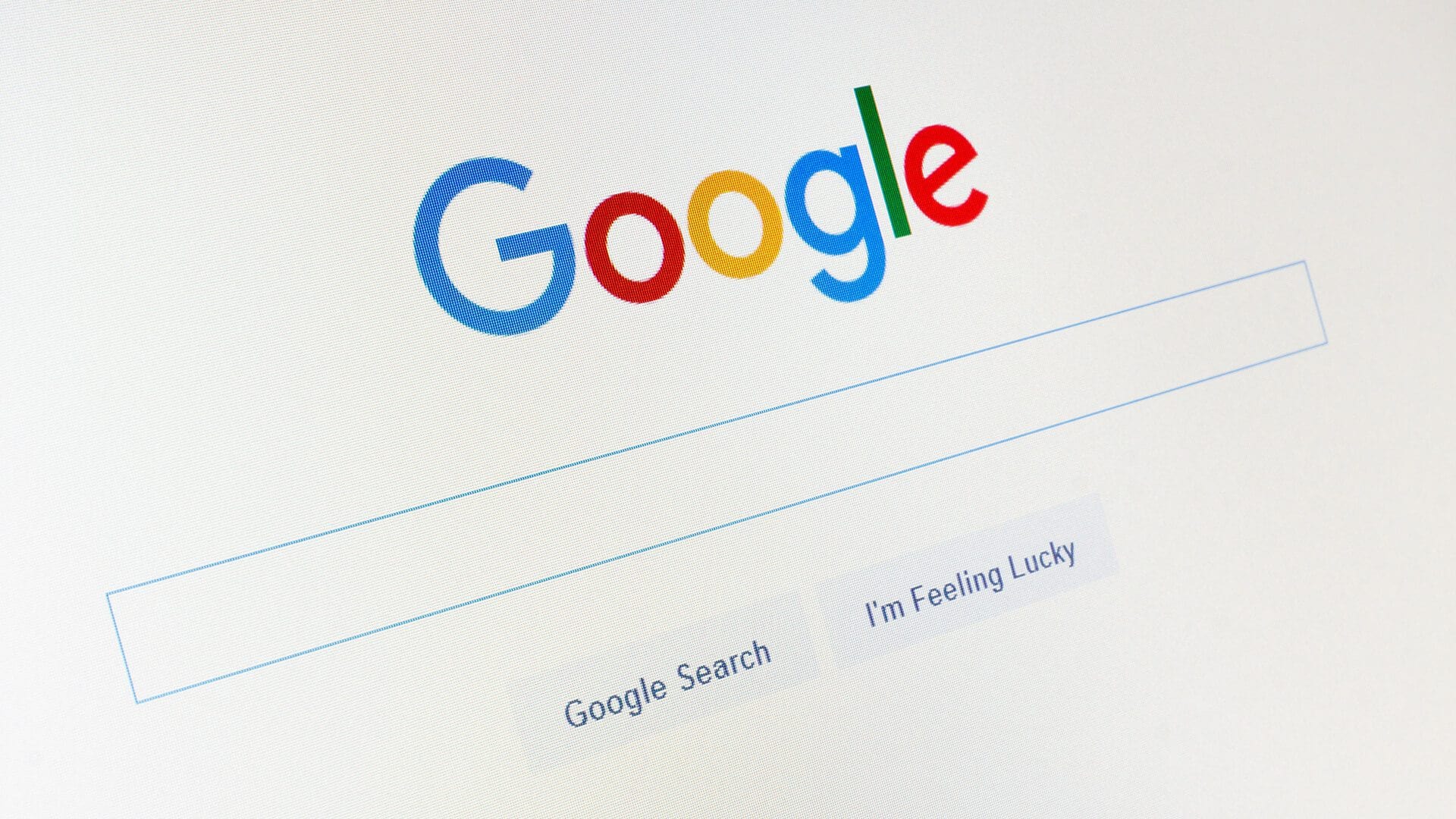Google Wins Legal Battle Against Genius Again
2 min. read
Updated on
Read our disclosure page to find out how can you help MSPoweruser sustain the editorial team Read more

Last Thursday, a three-judge panel in the 2nd Circuit supported Judge Margo Brodie’s ruling in 2020 that favored Google in its legal dispute against the lyric site Genius. In this battle, Genius claims that the multinational technology company used its transcribed lyrics without permission in search results.
Genius said that there was a breach of contract that happened in 2019 when Google improperly copied music lyrics from it. In an interview with WSJ in the same year, Genius even presented evidence to back its claims. According to the site, it is secretly watermarking lyrics with specific patterns of apostrophes. These same patterns later showed up on Google’s information panel, confirming the company’s suspicion that Google has been copying their lyrics.
“Defendants Google LLC and LyricFind have been caught red-handed misappropriating content from Genius’s website, which they have exploited —and continue to exploit— for their own financial benefit and to Genius’s financial detriment,” Genius stated.
However, despite the evidence presented by the site, Judge Brodie ruled that it wasn’t a copyright violation since Genius isn’t the genuine copyright holder of the lyrics on its site. Moreover, the judge highlighted that though the site licenses the lyrics, the ownerships of the song lyrics are still owned by the songwriters and producers.
On the other hand, Google explained in its blog post how the lyrics appear in Search.
“Lyrics can appear in information boxes and on Knowledge Panels in Search when you’re looking for songs or lyrics,” Satyajeet Salgar, Group Product Manager of Search, wrote in the post. “While we do this to help you find that information quickly, we also ensure that the songwriters are paid for their creative work. To do that, we pay music publishers for the right to display lyrics, since they manage the rights to these lyrics on behalf of the songwriters.”
Salgar also explained where the lyrics text actually comes from.
“Music publishers often don’t have digital copies of the lyrics text,” he added. “In these cases, we—like music streaming services and other companies—license the lyrics text from third parties.
“We do not crawl or scrape websites to source these lyrics. The lyrics that you see in information boxes on Search come directly from lyrics content providers, and they are updated automatically as we receive new lyrics and corrections on a regular basis.”








User forum
0 messages